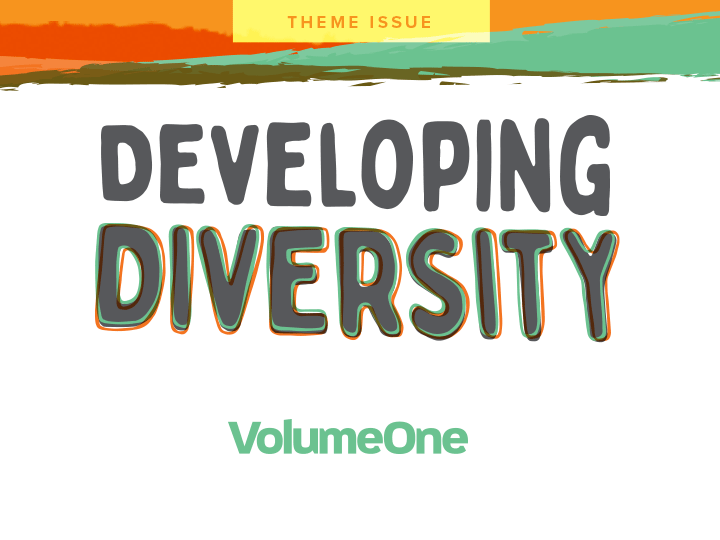Support Among Friends
local group provides community to LGBTQ teachers and students alike
Last spring, a new effort to slow down or eliminate the number of LGBTQ teachers who leave the profession for identity-related reasons formed. The LGBTQ Teacher Mentor Group, meets approximately twice a semester to maintain social connections and learn about LGBTQ issues in schools, for both teachers and students affiliated with UW-Eau Claire. Group discussions range from fears about dealing with students and parents to helping with a Gender and Sexualities Alliance.
The group is beneficial to preservice teachers not only in that they have the opportunity to meet and talk with inservice teachers, but that they get to create social connections with one another. As they head out into communities for field experiences and student teaching, now they have a stronger foundation to support their entire identity and will have a better chance at understanding the level of openness and acceptance of a school before they enter.
I am currently a professor in Education Studies at UW-Eau Claire; however, I taught secondary mathematics and science in Northeast Missouri for 20 years prior to earning my Ph.D. Since leaving the teaching profession, I have been conducting qualitative research with lesbian, gay, bisexual, transgender, and queer (LGBTQ) teachers, a topic I am passionate about as I identify as a transman.
Research on teachers who identify as LGBTQ shows that many of those teachers can feel isolated. One large study I found useful for my research was conducted by Catherine Connell and published in the book School’s Out in 2015. Connell’s study was conducted with gay and lesbian teachers. She was able to identify three categories with respect to the intersectionality of the teachers’ sexual identities and their professional identities: “splitters, knitters, and quitters.” The splitters are gay and lesbian teachers who keep their sexuality completely separate from their professional lives as teachers. Next, the knitters are the teachers who weave their gay or lesbian identity into their teacher identity. Finally, the quitters are the teachers who cannot handle the separation or combination of their gay or lesbian identity with their professional identity, so they leave the teaching profession.
I argue with my research that those same categories would hold for all teachers who identify as LGBTQ. Any LGBTQ teacher must decide whether or not to share that identity with their colleagues and students (behave as a knitter) or to keep that identity hidden (behave as a splitter). Because there are no federal employment protections for LGBTQ identified people, teachers who are open with their sexual orientations and/or trans/non-binary gender identities risk losing their jobs. If the community in which they teach is not accepting, then the teachers may suffer as social outcasts and leave the profession (behave as a quitter).
The LGBTQ Teacher Mentor Group aims to prevent such losses.
Kyle Whipple is the founder of the LGBTQ Teacher Mentor Group. For more information about the organization, contact him at WHIPPLKS@uwec.edu.

